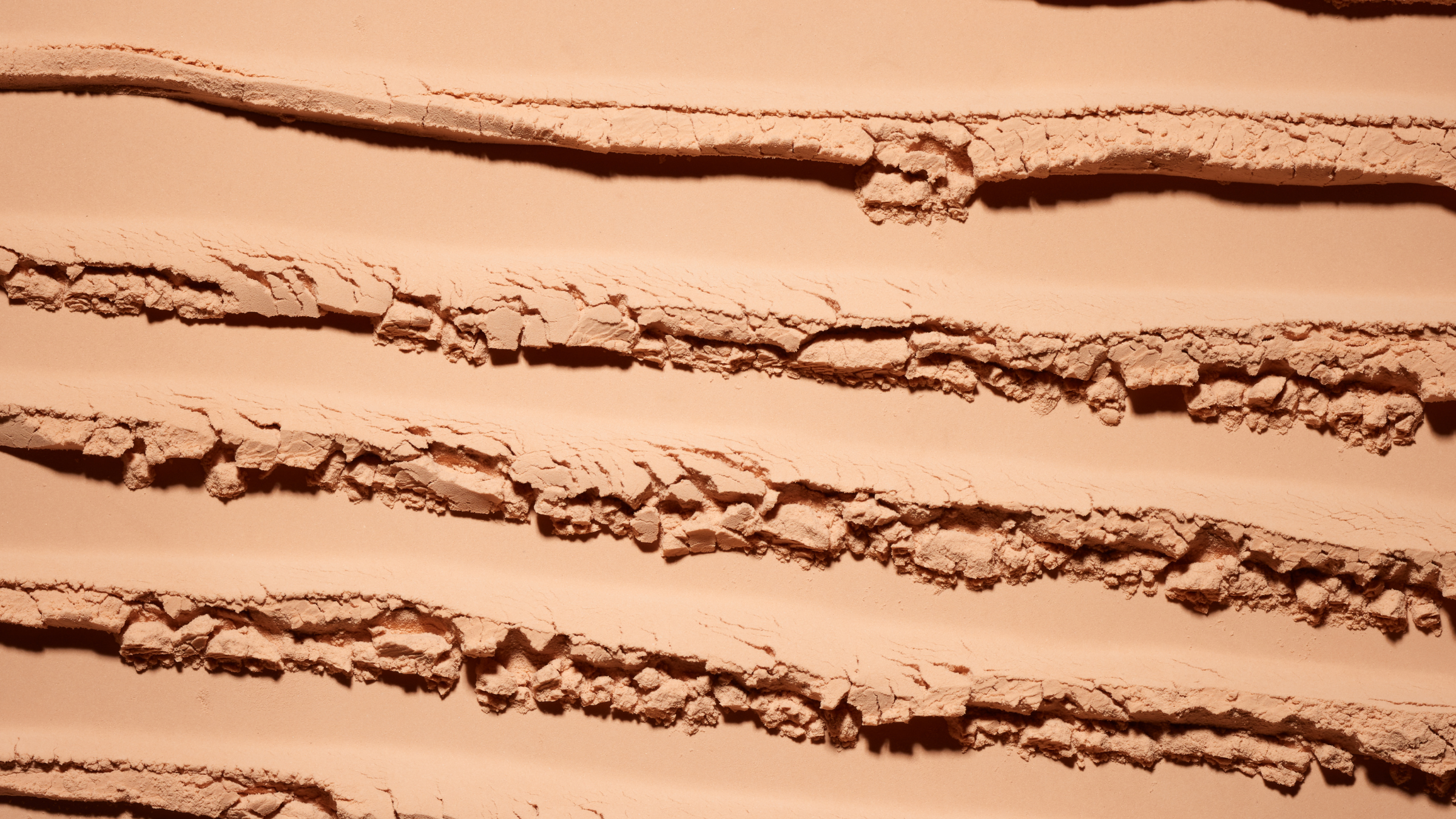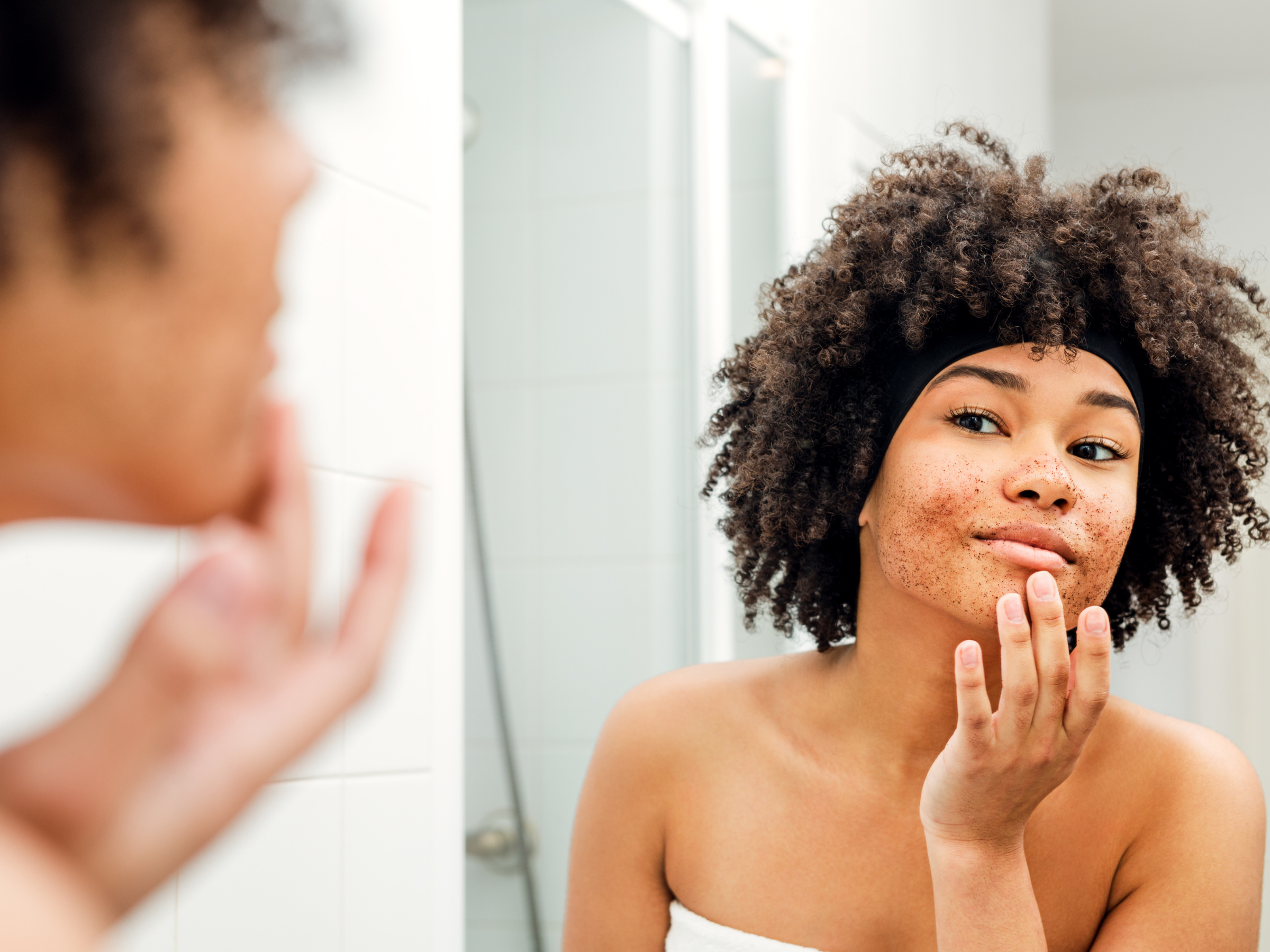Table of Contents
- Introduction
- What is Titanium Dioxide?
- The Concerns Surrounding Titanium Dioxide in Cosmetics
- Bare Minerals: A Closer Look at Their Ingredients
- Hylan Minerals: A Titanium Dioxide-Free Approach
- The Benefits of Titanium Dioxide-Free Mineral Makeup
- Other Harmful Ingredients to Avoid in Cosmetics
- Why Choose Hylan Minerals?
- Conclusion
- Frequently Asked Questions (FAQs)
- References
Introduction
In the realm of mineral makeup, consumers are increasingly seeking products that not only enhance their beauty but also prioritize their health. While brands like Bare Minerals have gained popularity for their mineral-based formulas, a closer look at their ingredient lists reveals the presence of titanium dioxide, a component that has sparked concern among health-conscious individuals. This article aims to shed light on the potential risks associated with titanium dioxide in cosmetics and introduce Hylan Minerals as a titanium dioxide-free alternative, offering a safer and cleaner approach to beauty.
What is Titanium Dioxide?
Titanium dioxide (TiO2) is a naturally occurring mineral used extensively in a variety of industries, including cosmetics, paints, plastics, and even food. In cosmetics, it serves primarily as a pigment, providing a bright white color and opacity to products like foundations, sunscreens, and powders. Its ability to scatter light also makes it a popular ingredient in products designed to brighten the skin or provide a blurring effect.
Titanium dioxide is available in two main forms: rutile and anatase. Both forms are chemically inert and generally considered safe for topical use in larger particle sizes. However, concerns arise when titanium dioxide is used in nanoparticle form, particularly in products that can be inhaled, such as loose powders, or ingested, such as lipsticks. Nanoparticles are incredibly small, measuring between 1 and 100 nanometers, and their size allows them to penetrate the skin more easily and potentially enter the bloodstream.
The International Agency for Research on Cancer (IARC) has classified titanium dioxide as a Group 2B carcinogen, meaning it is "possibly carcinogenic to humans" based on sufficient evidence in experimental animals. This classification is primarily related to the inhalation of titanium dioxide nanoparticles, which have been shown to cause lung tumors in rats. While the IARC's classification is specific to inhalation, it raises broader questions about the safety of using titanium dioxide in cosmetic products, especially those that can be easily inhaled or ingested.
Furthermore, titanium dioxide can act as a photocatalyst, meaning it can generate free radicals when exposed to UV light. Free radicals are unstable molecules that can damage cells and contribute to premature aging and other health problems. While some manufacturers coat titanium dioxide particles to reduce their photocatalytic activity, the potential for free radical generation remains a concern.
Given these potential risks, many consumers are actively seeking out titanium dioxide-free alternatives in their cosmetics. Brands like Hylan Minerals are responding to this demand by formulating products with safer, more natural ingredients that provide the desired aesthetic effects without compromising health.
The Concerns Surrounding Titanium Dioxide in Cosmetics
The primary concern surrounding titanium dioxide stems from its potential carcinogenicity, particularly when inhaled in nanoparticle form. The International Agency for Research on Cancer (IARC) has classified titanium dioxide as a Group 2B carcinogen, meaning it is "possibly carcinogenic to humans." This classification is based on studies in which rats exposed to high concentrations of airborne titanium dioxide particles developed lung tumors.
While the IARC's classification is specific to inhalation, it raises concerns about the use of titanium dioxide in cosmetic powders, which can easily become airborne during application. In California, Proposition 65 requires products containing titanium dioxide to carry a warning label if they pose a significant risk of inhalation. This regulation reflects the growing awareness of the potential dangers associated with inhaling titanium dioxide.
Beyond inhalation, there are also concerns about the potential for titanium dioxide nanoparticles to penetrate the skin and enter the bloodstream. While the extent of skin penetration is still debated, some studies suggest that nanoparticles can cross the skin barrier, especially if the skin is damaged or compromised. This raises questions about the long-term effects of repeated exposure to titanium dioxide nanoparticles through cosmetic products.
Additionally, titanium dioxide can act as a photocatalyst, meaning it can generate free radicals when exposed to UV light. Free radicals are unstable molecules that can damage cells and contribute to premature aging and other health problems. While some manufacturers coat titanium dioxide particles to reduce their photocatalytic activity, the potential for free radical generation remains a concern.
Bare Minerals: A Closer Look at Their Ingredients
Bare Minerals has built a reputation for its "clean" and "natural" mineral makeup. However, a closer examination of their ingredient lists reveals that many of their products contain titanium dioxide. For example, their Original Loose Powder Foundation, a flagship product, lists titanium dioxide as one of its main ingredients. While Bare Minerals claims that their titanium dioxide is safe for topical use, the concerns surrounding its potential health risks remain.
Consumers who are actively seeking to avoid titanium dioxide may be disappointed to find it in Bare Minerals products, especially given the brand's marketing as a clean and natural option. This highlights the importance of carefully reading ingredient lists and understanding the potential risks associated with common cosmetic ingredients.
Hylan Minerals: A Titanium Dioxide-Free Approach
Hylan Minerals stands apart by formulating its mineral makeup and skincare products without titanium dioxide. This commitment reflects the brand's dedication to creating ultra-clean and safe cosmetics for women with sensitive and acne-prone skin. By excluding titanium dioxide, Hylan Minerals eliminates the potential risks associated with this ingredient, offering consumers a worry-free alternative.
Instead of titanium dioxide, Hylan Minerals utilizes other mineral-based ingredients such as zinc oxide, mica, and kaolin clay to achieve the desired coverage, color, and texture in its products. These ingredients are not only safer but also offer additional benefits for the skin, such as sun protection (zinc oxide) and oil absorption (kaolin clay).
The Benefits of Titanium Dioxide-Free Mineral Makeup
Choosing titanium dioxide-free mineral makeup offers several potential benefits:
- Reduced Risk of Inhalation: By avoiding titanium dioxide, especially in powder form, you eliminate the risk of inhaling potentially carcinogenic nanoparticles.
- Minimized Skin Irritation: Some individuals may experience skin irritation or allergic reactions to titanium dioxide. Opting for a titanium dioxide-free formula can help minimize these issues.
- Safer for Sensitive Skin: Titanium dioxide-free makeup is often gentler and more suitable for sensitive or acne-prone skin.
- Peace of Mind: Knowing that your makeup is free from potentially harmful ingredients can provide peace of mind and allow you to focus on enhancing your natural beauty.
Other Harmful Ingredients to Avoid in Cosmetics
While titanium dioxide is a primary concern for many consumers, it's essential to be aware of other potentially harmful ingredients commonly found in cosmetics:
- Talc: Often contaminated with asbestos, talc has been linked to ovarian cancer and respiratory problems.
- Parabens: These preservatives have been shown to disrupt hormone function and may increase the risk of breast cancer.
- Phthalates: Used to soften plastics and as fragrance ingredients, phthalates are endocrine disruptors that can interfere with reproductive health.
- Silicones: While silicones can provide a smooth and silky texture, they can also clog pores and trap bacteria, leading to acne breakouts.
Why Choose Hylan Minerals?
Hylan Minerals offers a compelling alternative for women seeking truly clean and safe cosmetics. By excluding titanium dioxide, talc, parabens, phthalates, and silicones, Hylan Minerals prioritizes the health and well-being of its customers. The brand's commitment to using only the highest-quality mineral-based ingredients ensures that its products are not only effective but also gentle on the skin.
Hylan Minerals is more than just a cosmetics company; it's a champion for informed consumerism and a pioneer in the clean beauty movement. By choosing Hylan Minerals, you can be confident that you are making a healthy and ethical choice for yourself and the planet.
Conclusion
As consumers become increasingly aware of the potential health risks associated with common cosmetic ingredients, the demand for clean and safe alternatives is growing. While brands like Bare Minerals have popularized mineral makeup, their use of titanium dioxide raises concerns for those seeking to avoid this potentially harmful ingredient. Hylan Minerals offers a compelling solution with its titanium dioxide-free mineral cosmetics and skincare, providing a safer and healthier way to enhance your natural beauty. By choosing Hylan Minerals, you can prioritize your well-being without compromising on quality or performance.
Frequently Asked Questions (FAQs)
Is titanium dioxide safe to use on my skin?
While titanium dioxide is generally considered safe for topical use in larger particle sizes, concerns arise when it is used in nanoparticle form, particularly in products that can be inhaled. The IARC has classified titanium dioxide as a Group 2B carcinogen based on studies in animals, raising questions about its long-term safety, especially in powder form.
What are the alternatives to titanium dioxide in mineral makeup?
Several safe and effective alternatives to titanium dioxide exist, including zinc oxide, mica, and kaolin clay. These ingredients can provide coverage, color, and texture without the potential risks associated with titanium dioxide.
How can I tell if a product contains titanium dioxide?
Always check the ingredient list on the product packaging. Titanium dioxide will be listed as "titanium dioxide" or "TiO2." Be aware that some products may use nanoparticles of titanium dioxide, which may not be explicitly stated on the label.
Is Hylan Minerals suitable for sensitive skin?
Yes, Hylan Minerals is specifically formulated for women with sensitive and acne-prone skin. The brand's products are free from common irritants like titanium dioxide, talc, parabens, phthalates, and silicones, making them gentle and suitable for even the most sensitive skin types.
Where can I purchase Hylan Minerals products?
Hylan Minerals products are available for purchase on the brand's website (https://www.hylanminerals.com).
References
- International Agency for Research on Cancer (IARC). (2010). IARC Monographs on the Evaluation of Carcinogenic Risks to Humans, Volume 93: Carbon Black, Titanium Dioxide, and Talc. Lyon, France.
- Environmental Working Group (EWG). (n.d.). EWG's Skin Deep Cosmetics Database. Retrieved from https://www.ewg.org/skindeep/
- Schilling, K., Bradford, B., Castelli, D., Dufour, E., Nash, J. F. (2010). Review of current scientific literature regarding the safety of titanium dioxide in cosmetic products. Journal of the American Academy of Dermatology, 62(3), 497-504.
- California Office of Environmental Health Hazard Assessment (OEHHA). (2011). Proposition 65: Chemicals Known to the State to Cause Cancer or Reproductive Toxicity. Retrieved from https://oehha.ca.gov/proposition-65
- Lademann, J., et al. "Penetration of titanium dioxide microparticles in a sunscreen formulation into the horny layer and the follicular orifice." Skin pharmacology and physiology 22.6 (2009): 315-319.
- Burnett, C. L., et al. "Final report on the safety assessment of Talc." International Journal of Toxicology 29.4_suppl (2010): 145S-223S.
Explore the titanium dioxide-free difference at Hylan Minerals and discover clean beauty that truly cares for your skin.
Related Tags: Titanium Dioxide, Mineral Makeup, Clean Beauty, Hylan Minerals, Bare Minerals, Sensitive Skin, Acne-Prone Skin
```

